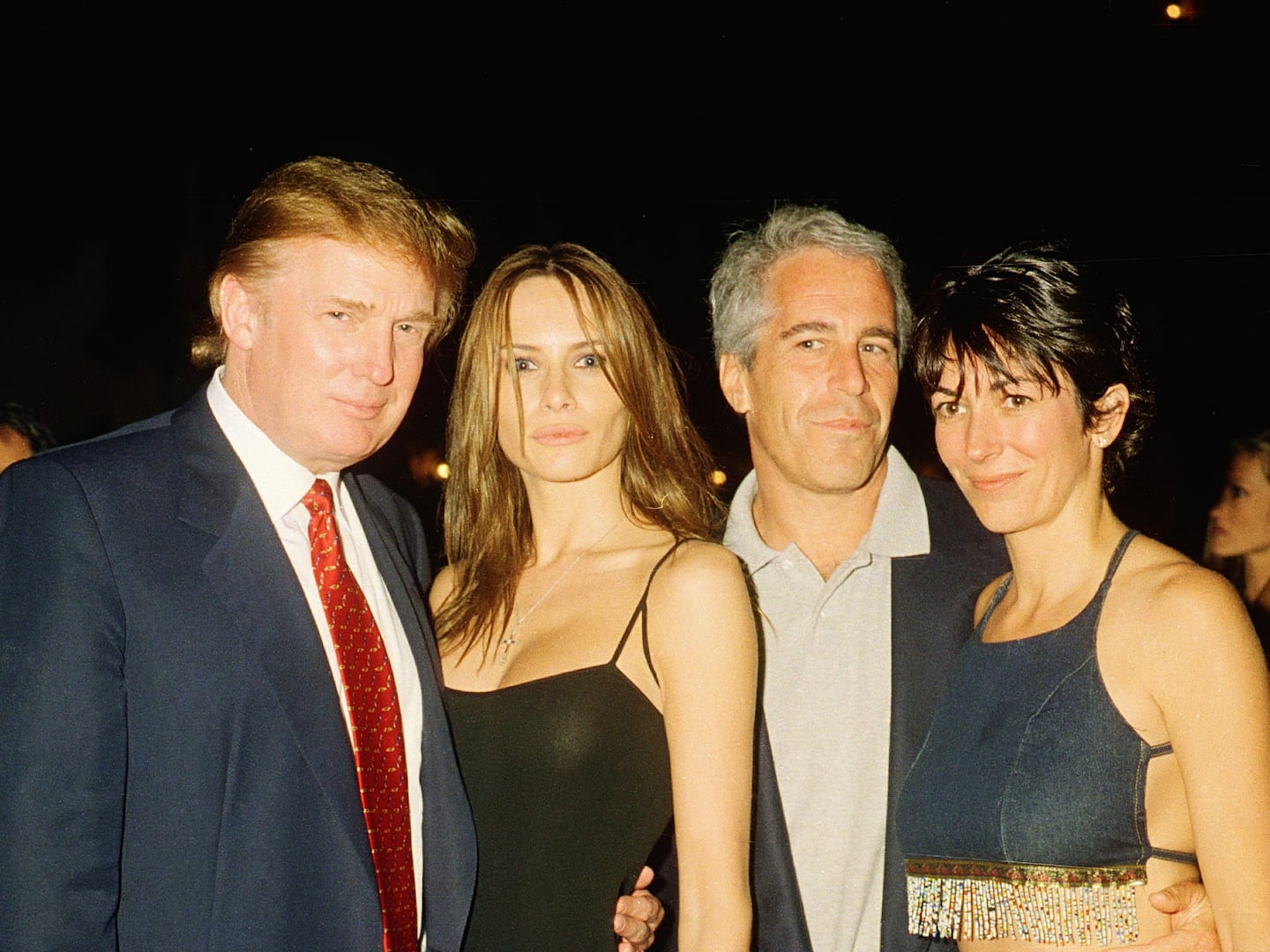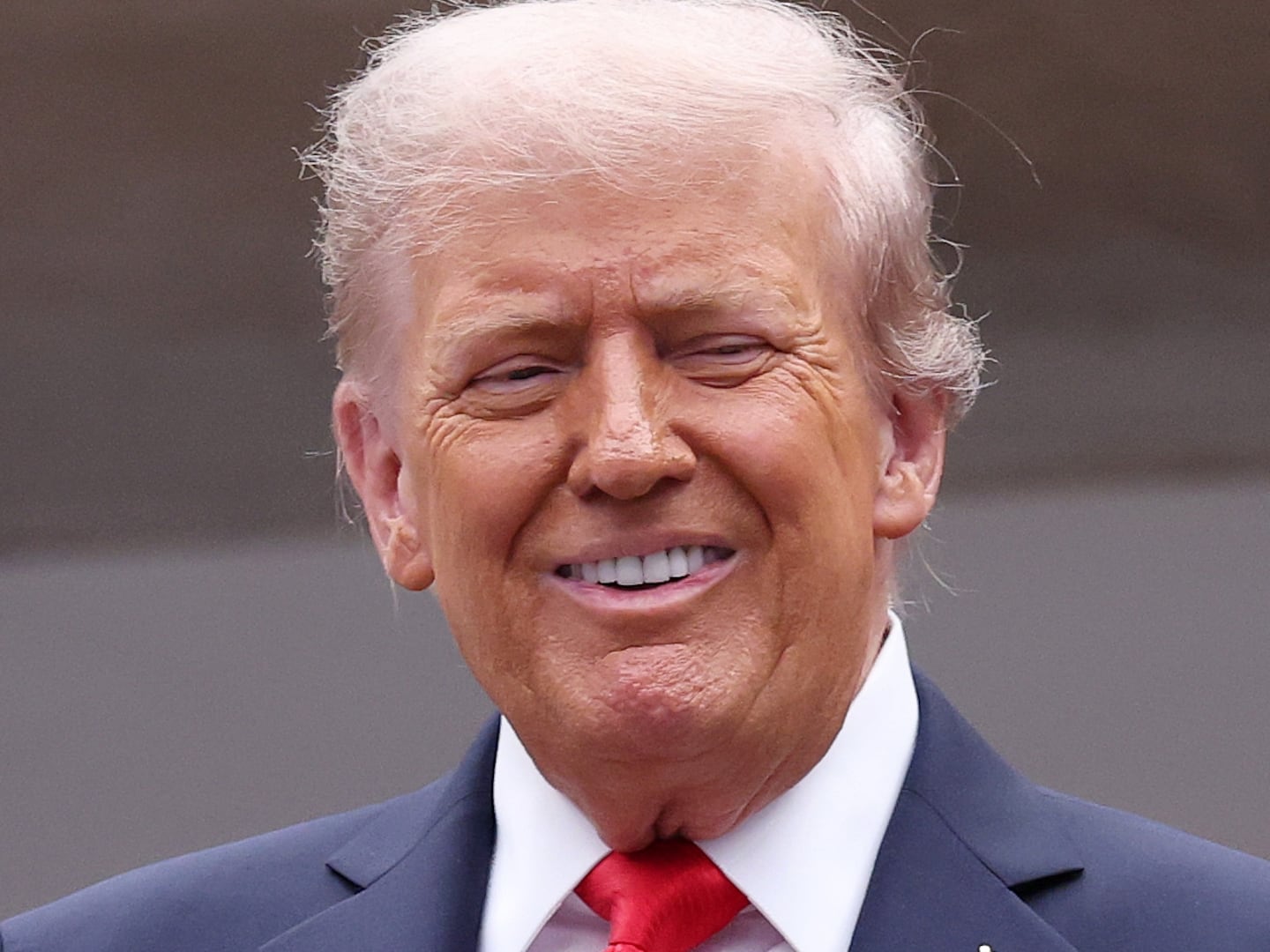Midway through her panel at a major Democratic think tank confab on Tuesday, Sen. Amy Klobuchar (D-MN) offered an observation on the temperament of the current electorate.
“They’re not asking me about Russian bots,” Klobuchar said of her voters. “They’re asking me about soybean exports.”
Takes don’t come more standard than that. But those gathered in the basement below the basement of the Renaissance Hotel in downtown D.C. for the Center for American Progress’ 2018 Ideas Conference gave it a warm recognition. Amid that crowd of party donors, top thinkers, and well-seasoned activists, the accepted wisdom was that while Russia’s election meddling was existential in its import, it did not constitute the material of a winning campaign.
Standing right outside the conference hall, Max Bergmann felt like he was going crazy.
“I think we should be obsessed over it,” Bergmann said of the Russia probe.
A former State Department official who now is the director of CAP’s Moscow Project, Bergmann has a generally simple view of what happened in 2016. “Collusion occurred,” he stresses, with some evident frustration that not everyone else manages to see this. “I think we have enough evidence that has emerged that it is clear the president of the United States, when offered help from the Russians, took it.”
What’s more confusing to Bergmann is why, exactly, Democrats feel so uncomfortable making this case. He fully understands that polling shows voters are more interested in health care costs, jobs, and taxes. But it is inconceivable to him that lawmakers can’t somehow talk about two things simultaneously. At some point, he reasons, Democrats will have to grapple with two realities. The first is that Trump’s conduct on the campaign is tied inextricably to his conduct in office. The second is that special counsel Robert Mueller will likely finish his investigation before the 2018 midterm elections.
“Right now, if you poll the American people about Russia, they are super confused… And part of the reason is no one is saying this is a fairly simple story of the president of the United States being willing to do whatever it took to, including working with a hostile foreign government, to win an election. But that’s exactly what happened,” Bergmann said. “Instead, what Democrats are literally doing is they’re on the defensive. They are defending an investigation. And Republicans are on offense on the biggest political scandal of the history of the republic.”
To say that Bergmann’s theory of the case is not one universally shared throughout his party is to be kind to Bergmann’s theory of the case. He is a lone-ish public voice, utterly convinced that others inside his own tent have lost sight of a bigger prize.
Few others are actively encouraging Democrats to talk about Russia more. In fact, it’s just the opposite. When told of Bergmann’s theory, one Democratic pollster tartly replied: “and I heard a hot take that Michael Avenatti should win the Nobel Peace Prize.” The pollster, who has worked on numerous congressional election races this cycle, made the case that few people, beyond already-committed activists, actually care about the Russia saga. And that the party actually risked looking obsessively partisan by obsessing over it.
There is no empirical evidence that Democrats are doing that, though the perception does exist. Cable news programming is monomaniacally focused on Russia. But, to Bergmann’s great lament, no prominent Democrats outside of members of the House intelligence committee actually go on those shows to discuss the topic. Instead, the party has emphasized a non-Russia-centric policy platform everywhere else: from at home in their districts to the CAP event on Tuesday, where a rotating belt of potential 2020 presidential candidates took their turn on the stage talking about, well, anything else.
There was Sen. Cory Booker (D-NJ) speaking about economic injustice and poverty; Sen. Chris Murphy (D-CT) lamenting the NRA’s stranglehold on Congress; Sen. Bernie Sanders (I-VT) warning of oligarchy and wealth disparities; Gov. Jay Inslee (D-WA) applauding states for leading the way on climate change; Sen. Kirsten Gillibrand (D-NY) imagining a world in which the financial collapse never happened because Lehman Brothers was Lehman Sisters; and Sen. Elizabeth Warren (D-MA) revealing that she’d be investing $175,000 in organizations working to elect Democrats in state legislatures.
For the event, CAP, the preeminent Democratic Party-aligned think tank, distributed white papers on everything from Medicare, election security, the “gender wage gap among rural workers,” the 2018 farm bill, infrastructure and corporate polluters, and North Korea diplomacy. Not one document involved Russia.
To even get a whiff of that conversation, one had to go to the conference’s outskirts where another potential 2020er held court with a rotating group of reporters. Sitting in a pillowy chair in the hall, Tom Steyer, the hedge fund investor-turned-environmental activist, outlined his case that Russia meddling, along with other accusations of Trump corruption, should be at the front burner of the Democratic Party’s midterm case.
“Not to talk about these things, not to stand up against this behavior is to normalize it,” he explained. “I think there is a question about whether, in fact, we are going to tell the truth and motivate progressives to come and vote.”
Steyer, who had taken part in an environmental-policy panel midday, was the only headliner to mingle with reporters. And he did so, fully cognizant that his message was heterodox to the rest of the party’s. Democrats, he reasoned, didn’t want to motivate Republicans by talking about matters of Russia, collusion, malfeasance, or impeachment.
Later that evening a story broke that the Trump campaign’s data-firm Cambridge Analytica was under FBI investigation. The next morning, transcripts were released from an investigation into the meeting Trump officials held with Russian agents during the campaign. Hours later, the Senate intelligence committee formally stated their conclusion that Russia meddled in the 2016 election. Later that night came news that Trump had business pursuits in Russia far longer than previously known.
“It. Is. All. True,” Bergmann texted.






